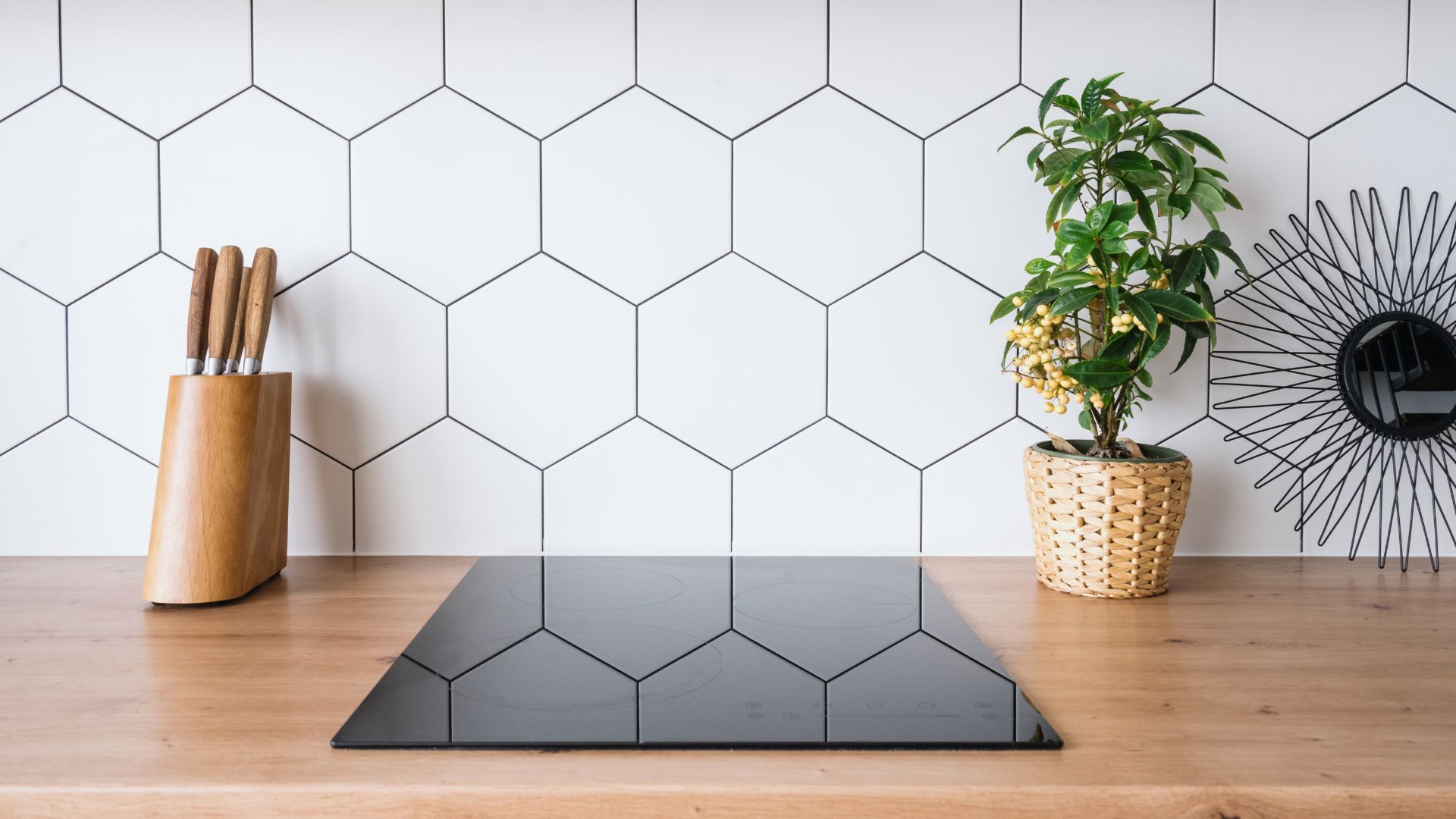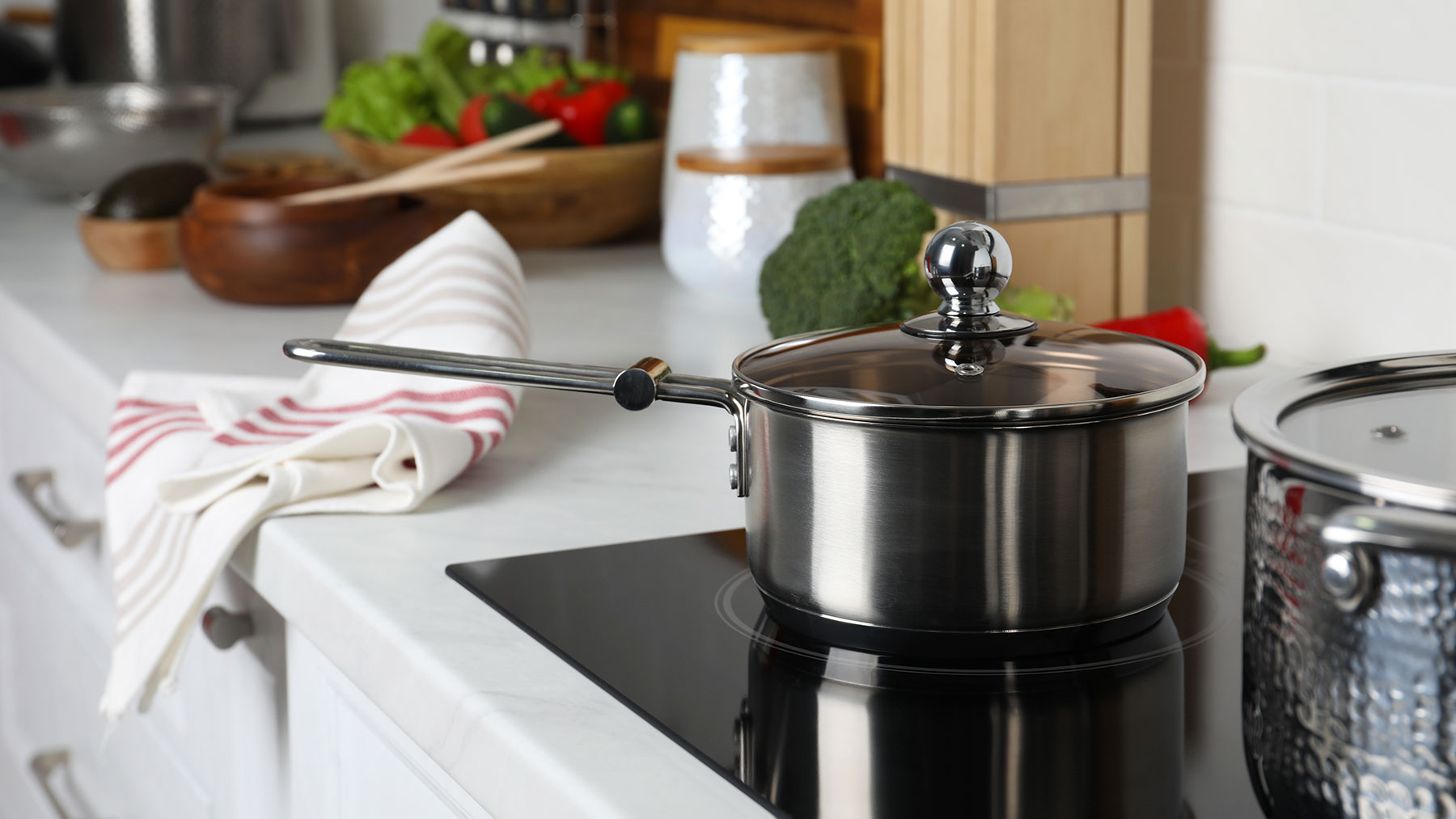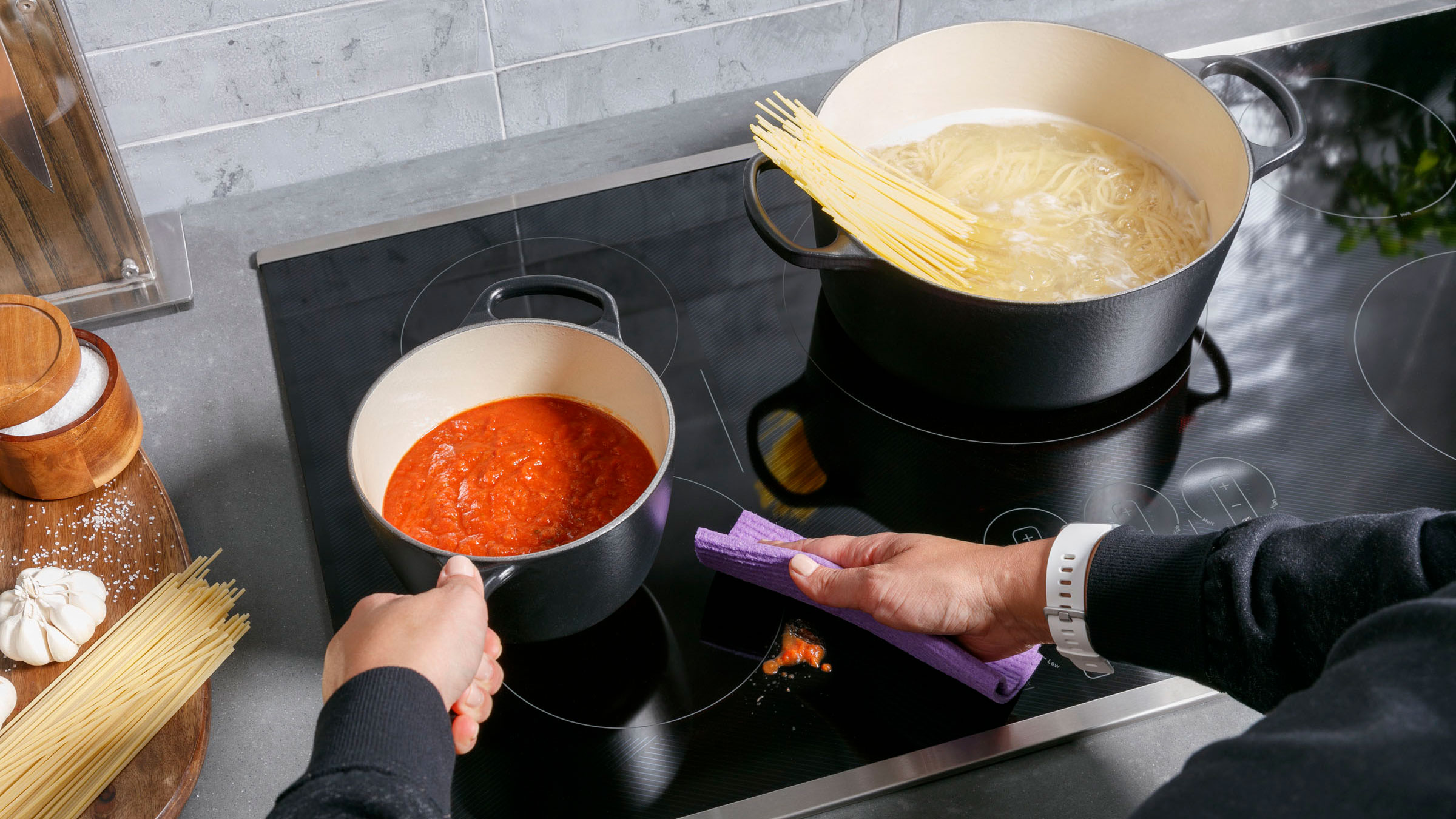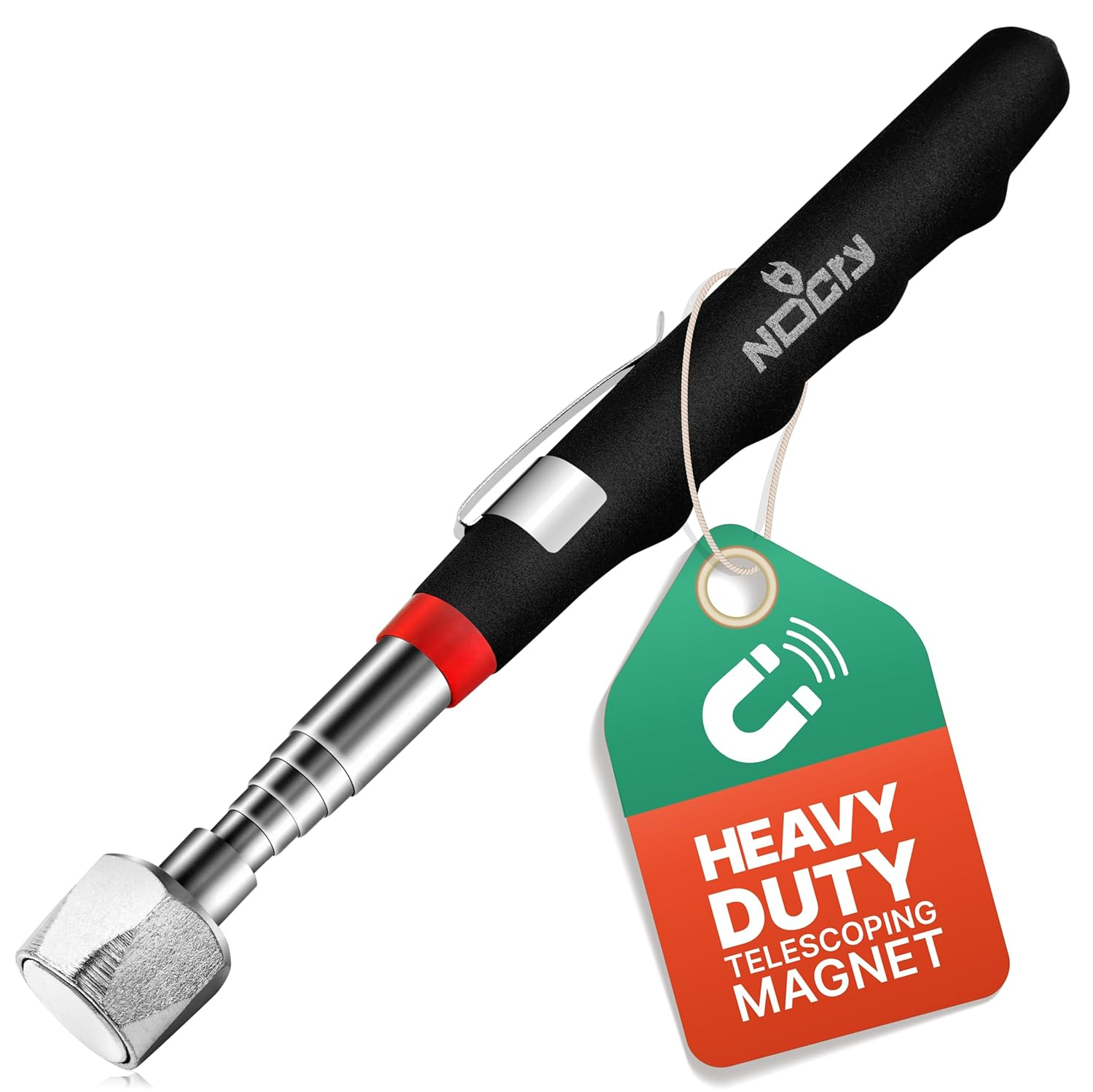The Benefits of Induction Cooktops
Induction cooktops are becoming increasingly popular among home cooks due to their numerous advantages. They are highly energy efficient, offer rapid heating, and provide a safer cooking experience compared to traditional electric or gas stoves. Additionally, the sleek glass surface makes cleaning significantly easier. However, despite these benefits, there may be some concerns that could prevent you from making the switch.
The Challenge of Compatible Cookware
One major hurdle when switching to induction cooktops is the requirement for compatible cookware. These cooktops use magnetic technology to heat the cookware directly, which means only pots and pans made with magnetic materials can be used. This can be an issue if you have a collection of non-compatible cookware that you've been using for years. To address this, many people turn to induction convertor discs or adaptor plates, which claim to allow the use of any type of cookware on an induction cooktop. But are these discs safe?
How Induction Cooktops Work

Most electric cooktops work by creating a hot surface that transfers heat to your cookware. In contrast, induction cooktops use an electromagnetic field to heat the cookware directly. This means that the cookware itself becomes the heat source, while the cooktop remains relatively cool. However, the cooktop can still become warm due to heat transfer from the cookware.
The Impact of Convertor Discs
Using a convertor disc introduces an additional layer between the cooktop and your cookware. This can affect the performance of your induction cooktop in several ways. For instance, it might slow down the heating process and reduce temperature control. Additionally, one of the key safety features of induction cooktops is that they only start heating when cookware is placed on them. If a convertor disc is used without cookware, it could become dangerously hot, posing a risk, especially in households with children.

Another concern is the potential for damage to the cooktop's surface. If the convertor disc warps or doesn't sit flat, it could scratch the glass surface, leading to further complications. Proper maintenance of your induction cooktop is essential to avoid such issues.
Expert Opinions on Convertor Discs
Experts strongly advise against using convertor discs for several reasons:
-
Performance Issues
BSH Home Appliances, the parent company of brands like Bosch, Neff, and Siemens, warns that untested accessories like convertor discs could interfere with the performance standards of induction cooktops. Using them might prevent your cooktop from delivering the expected efficiency and performance. -
Electronics Risk
Miele’s Product Trainer, Tom Akers, explains that convertor discs can negatively affect the electronics of induction cooktops. These appliances rely on a sophisticated magnetic field, and introducing foreign elements could lead to technical problems. -
Not Designed for Use
According to Sangharsha Karki from BSH Home Appliances, induction cooktops are designed to be used with compatible cookware. Following the manufacturer's guidelines ensures optimal performance and longevity.

How to Check Cookware Compatibility
Most modern cookware is compatible with induction cooktops, but if you're unsure about older pieces, you can test them using a magnet. If a magnet sticks to the bottom of the cookware, it should work on an induction cooktop.

A magnet can also serve multiple purposes, such as picking up dropped items from hard-to-reach areas.
What to Do with Non-Compatible Cookware
If you have non-compatible cookware, it might be time to consider donating it to someone who can use it. Miele recommends using only induction-compatible pans, and Lucy Dunstan from Smeg agrees that compatible cookware is essential for the best results.

While induction-compatible cookware need not be expensive, investing in quality pieces will ensure optimal performance and energy efficiency.
By understanding the requirements and limitations of induction cooktops, you can make informed decisions that enhance your cooking experience and protect your investment.